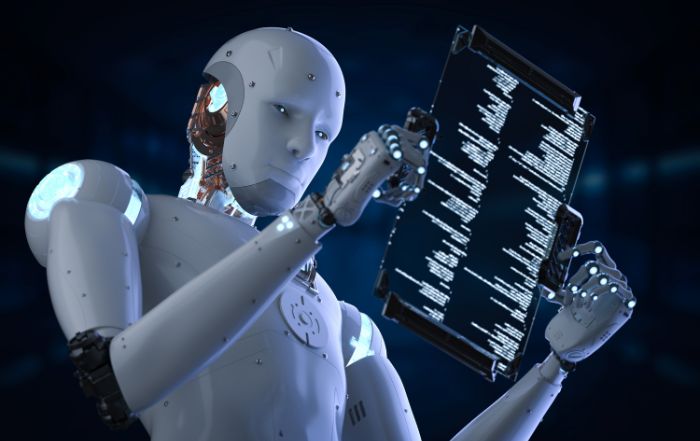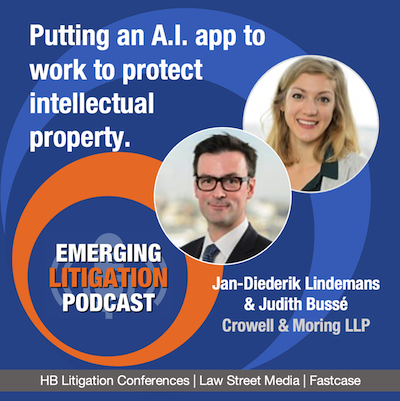The Intersection of Generative AI and the Legal Profession with Niki Black
In this episode, we discuss the current state and future of generative artificial intelligence and the practice of law with Nicole Black, attorney, legal tech journalist, and author. As she notes, "The legal field is one of the most likely to be impacted by generative AI because the technology can significantly replace certain workflows or assist with those workflows in impactful ways". Listen and learn more!





